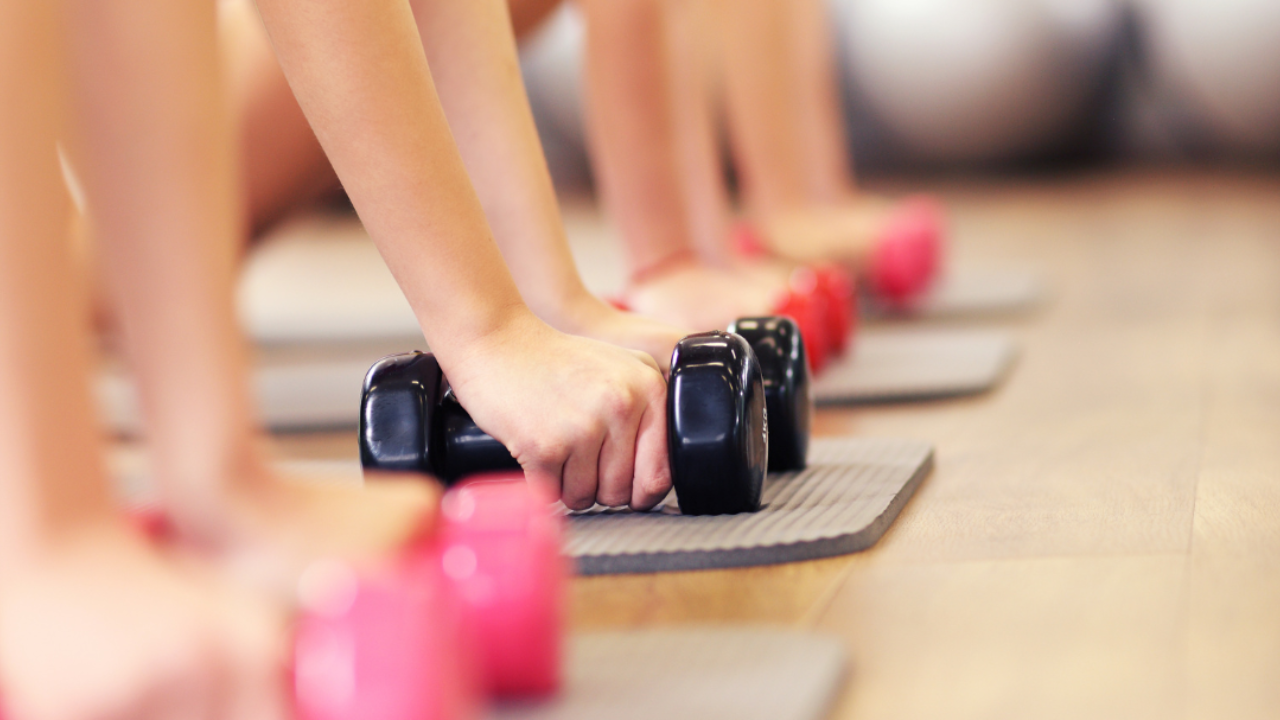Body Recomposition vs. Traditional Weight Loss: Unveiling the Path to Transformative Change
Jun 30, 2023
Have you ever found yourself standing on the scale, feeling frustrated and confused because that number hasn't budged, despite all your hard work in the gym and kitchen? You've been consistently exercising, eating healthier, and feeling stronger, so what gives?
Here's a secret: the scale isn't telling you the whole story.
In this article, we're going to demystify the concept of body recomposition and explain why it's a game-changer in your fitness journey. We'll delve into why it's a crucial element of overall health, touching on the benefits it brings beyond the aesthetics. We'll also unpack the potential pitfalls of focusing solely on the scale for measuring progress, and finally, we'll provide some practical, actionable tips to help you on your body recomposition journey. So, if you've been stuck in a weight-centric mindset, prepare for a paradigm shift that could transform the way you approach your health and fitness goals.
Understanding Body Recomposition
Body recomposition refers to the process of changing your body's composition by simultaneously losing fat and gaining muscle. It is different from traditional weight loss methods where the primary (or only) focus is on shedding pounds, without considering the ratio of muscle to fat in the body.
Before we explore the benefits of and how to achieve body recomposition, it's worth noting the potential pitfalls of focusing solely on bodyweight to gauge progress.
Pitfalls - Using Bodyweight to Measure Progress
1. Psychological Stress
The number on the scale can fluctuate daily due to a variety of factors including fluid balance, dietary intake and hormonal changes. These fluctuations can cause unnecessary stress and anxiety, particularly if you are relying on the scale as your primary measure of progress.
2. Neglect of Muscle Mass
Weight loss does not differentiate between loss of fat and loss of muscle. Losing muscle mass can decrease metabolic rate, reduce physical function making daily activities more challenging and increase risk of injury and chronic diseases.
3. Undermines Non-Scale Victories
There are many ways to measure progress that don't involve the scale. Improvements in strength, endurance, flexibility, energy levels, sleep quality and mood are all important indicators of progress than can be overlooked if the focus is solely on bodyweight.
4. Potential Unhealthy Behaviors
An overemphasis on bodyweight to measure progress can lead to extreme dieting or excessive exercise, both of which can have negative health implications. Extreme dieting can lead to nutrient deficiencies and disordered eating patterns, while excessive exercise can lead to injuries and a weakened immune system.
5. Promotes a Short-Term Mindset
Focusing solely on bodyweight can lead to a "diet" mentality, where people make temporary changes in order to lose weight, rather than adopting sustainable habits that promote long term health and wellbeing.
The Benefits of Body Recomposition
1. Improved Health
Both decreasing body fat and increasing muscle mass have been associated with numerous health benefits, including improved cardiovascular health, increased insulin sensitivity and better bone density.
2. Accurate Progress Tracking
Focusing on body recomposition rather than just weight loss can provide a more accurate understanding of your progress. As muscle is more dense than fat, it's possible to lose fat and gain muscle, and yet see little changes in your overall bodyweight.
3. Enhanced Aesthetics
Many people exercise to improve their physical appearance in addition to their overall health. Body recomposition can lead to a more defined muscles and a leaner look
4. Better Physical Performance
More muscle and less body fat can result in improved performance in a variety of physical activities, from sports to everyday tasks such as carrying groceries or climbing stairs.
Strategies for Body Recomposition
1. Resistance Training
Incorporate resistance training into your workout routine. I recommend focusing on compound exercises that engage multiple muscle groups. This helps stimulate muscle growth and development while burning calories.
2. Caloric Intake and Quality
Pay attention to your caloric intake. While it's essential to maintain a caloric deficit for fat loss, it's equally important to ensure you're getting quality nutrients from whole foods to support muscle growth and recovery.
3. Protein Intake
Consuming adequate protein is essential for muscle growth. Aim for .8g to 1.1g of protein per pound of bodyweight, depending on your specific goals and current dietary habits.
4. Cardiovascular Exercise
Resistance training takes precedence. Yet incorporating cardiovascular exercise can enhance calorie expenditure and cardiovascular health. Include low and moderate-intensity cardio sessions to complement your resistance training routine.
5. Rest and Recovery
Muscles grow during periods of rest and recovery. Adequate sleep and self-care practices are key.
6. Consistency and Patience
Body recomposition is a gradual process and requires consistent intentional effort. Remember that sustainable results are achieved over time, not overnight.
Final Thoughts
If you are frustrated by the bathroom scale, the concept of body recomposition is the perfect solution. By focusing on changing the composition of your body rather than just trying to lose weight, you can improve your health, appearance and physical performance all while gaining a better understanding of your progress.
